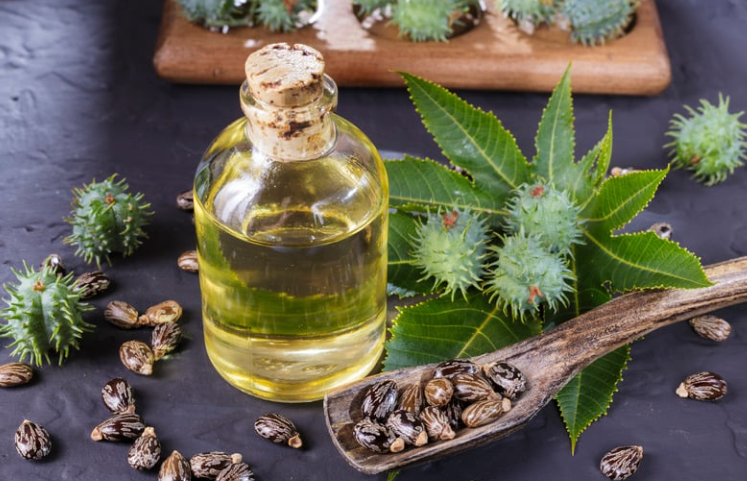The Power of Castor Oil
Castor oil has a long history of use in traditional medicine and modern wellness, thanks to its unique composition and wide-ranging benefits. It’s such an old remedy and we’ve only recently re-discovered it’s huge benefits.
What is Castor Oil actually?
Castor oil is a vegetable oil extracted from the seeds of the Ricinus communis plant. It has a pale yellow color and a thick, sticky texture. The key component responsible for most of its therapeutic effects is ricinoleic acid, a rare fatty acid that makes up about 90% of its content.
Why would you use Castor oil ?
Powerful Anti-inflammatory Properties
Ricinoleic acid has anti-inflammatory effects, which is why castor oil is often used for conditions like arthritis, muscle soreness, and joint pain
Topical application can help reduce swelling and inflammation
Skin Health & Hydration
It’s a natural humectant - it draws moisture into the skin
Helps treat dry skin, eczema, and psoriasis
Promotes healing of wounds, burns, and acne due to its antibacterial and antifungal properties
Hair & Scalp Nourishment
Castor oil is often used to support hair growth, thicken hair, and reduce breakage
Moisturizes dry scalps, treats dandruff, and can improve eyelash and eyebrow density
Immune System Support (Detox Aid)
Some alternative practitioners use castor oil packs (cloth soaked in oil and placed on the abdomen) to support lymphatic drainage, liver detoxification, and immune system function
How to use Castor Oil ?
Topical: Apply directly to skin, hair, or scalp. Can be mixed with lighter oils (like coconut or jojoba) for easier spreadability
Castor Oil Packs: Soak cloth in warm oil, place on body (commonly abdomen), cover with plastic wrap and heating pad *I would watch a Youtube video to learn
Precautions When Using Castor Oil
Allergic Reactions
Some people may experience itching, rashes, or irritation, especially on sensitive skin
Always do a patch test before using on a larger area: apply a small amount on your inner arm and wait 24 hours
Pregnancy and Breastfeeding
Castor oil can stimulate uterine contractions and has traditionally been used to induce labor — do not use internally during pregnancy unless prescribed by a doctor
Topical use in small amounts is generally considered safer but still consult your healthcare provider.
Eye Contact
Avoid getting castor oil into your eyes unless it’s specifically formulated for ophthalmic use (like lubricating eye drops)
Regular castor oil can cause irritation if it gets into your eyes
Don’t Use on Broken Skin Without Guidance
While it's antibacterial, applying castor oil on open wounds without proper sterilization can trap bacteria and worsen infection
Final Tip:
Use castor oil in moderation, and if you're starting a new routine (especially internal use or treating a medical condition), please consult a doctor, naturopath, or herbalist.


